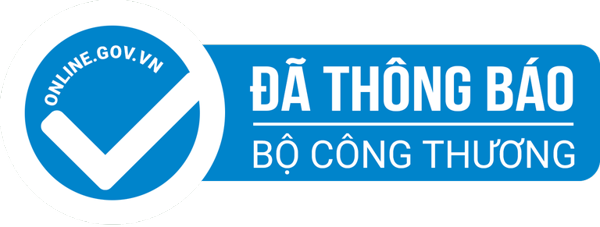SDG4 "Quality Education": Equitable Education that Leads to Sustainability

The UN has adopted 17 Sustainable Development Goals (SDGs) designed to promote prosperity while also protecting the environment. The fourth of these goals, or SDG4, is "Quality Education." Mitsubishi Electric provides support around the world to ensure all children are given equal opportunities for education.

Education: A Basic Human Right
SDG4 sets targets for providing inclusive and equitable quality education, as well as lifelong opportunities for education, to all people. It is based on the principle that education is an inalienable, basic human right that everyone is born with. In many countries, primary and middle school are compulsory, allowing children to acquire basic knowledge such as reading, writing, and math and develop social skills. Compulsory education provides children with access to higher learning and better job opportunities, which ultimately help create a sustainable society.
In targeting the Millennium Development Goals (MDGs) — the previous version of the SDGs — the world managed to improve global school enrollment rates by the 2015 deadline, halving the number of children who could not attend school(*). Yet, 60 million children — primarily in Asia and Africa — are still unable to receive even a primary education. In other words, the world still has much more work to do.
Although the reasons for children being unable to receive equitable quality education vary by country, corporations, nonprofits, and other organizations around the world continue to make efforts to provide high-quality education to children in need. These efforts include workshops conducted with grassroots organizations, internship programs organized with educational institutions, and the expansion of communication, IT, and other infrastructure.
(*)Based on the official website of the UN Development Program Representative Office in Japan.

Working with Locals to Support Education
The situation still remains dire for many children, which is why Mitsubishi Electric has been working with grassroots organizations in countries around the world to provide educational support as part of its CSR.
For example, in Colombia, the company works with local children’s support organizations to provide scholarships and donate school supplies every year. Mitsubishi Electric also offers a hands-on internship program for high school students at its Colombian factories. Interns are given opportunities to study engineering, distribution, and other fields that can provide them with skills that could help place them in a university.
Or In Japan, Mitsubishi Electric organizes children’s workshops for nurturing tomorrow’s engineers. Known as the Mitsubishi Electric Science Classes, the workshops began in 2009. They are designed to instill children with scientific thinking and a love of manufacturing through experiments and craft activities that teach the basic principles of electricity, telecommunication, programming, and other sciences. In June 2020, the company made the workshop’s content available online to support children who were stuck at home due to the Covid-19 pandemic.
By improving the educational environment of children around the world, Mitsubishi Electric seeks to help build a society where all children have a future. The company also provides technological support primarily to developing countries that are attempting to incorporate remote learning systems utilizing the kind of innovative technology for which Mitsubishi Electric is renowned.
In Vietnam, with the aim of providing a creative environment for children to have the opportunity to learn and apply in practice, as well as grasp the latest technologies, Mitsubishi Electric accompanies Teach For Viet Nam to built STEM Labs and Smart Gardens 4.0 for children in rural areas. Besides, the company also holds technology contests such as Mitsubishi Electric Cup Automation (MECA) for industrial automation students. Through these activities, students have the opportunity to exchange and develop their engineering skills, thereby becoming capable engineers in the future. For more information, please click here.
**The content is true and accurate as of the time of publication. Information related to products and services included in this article may differ by country or region.






